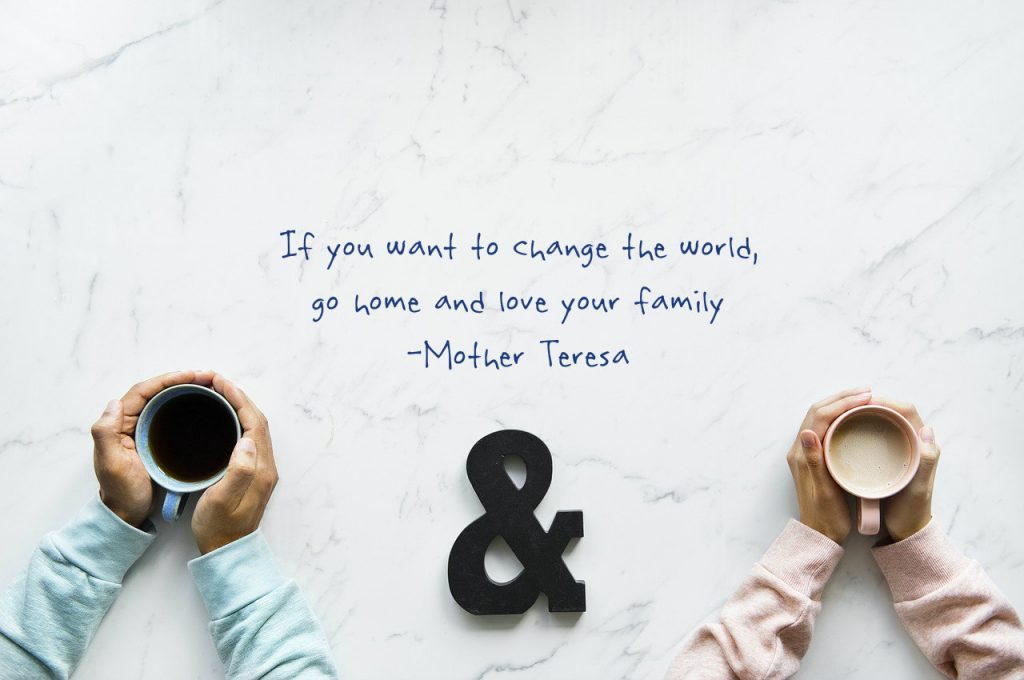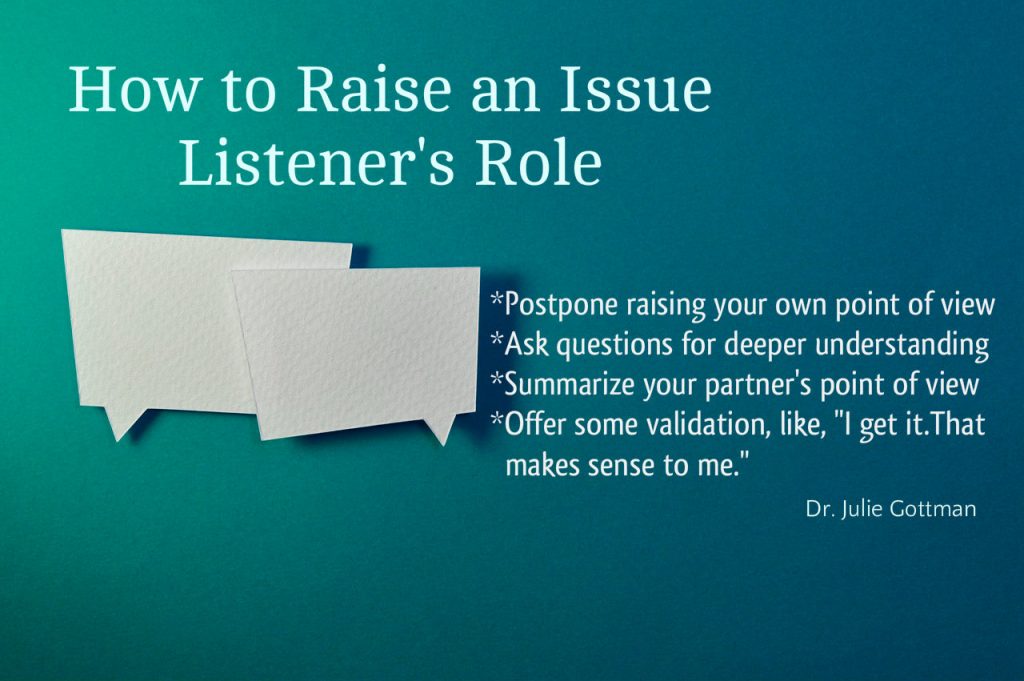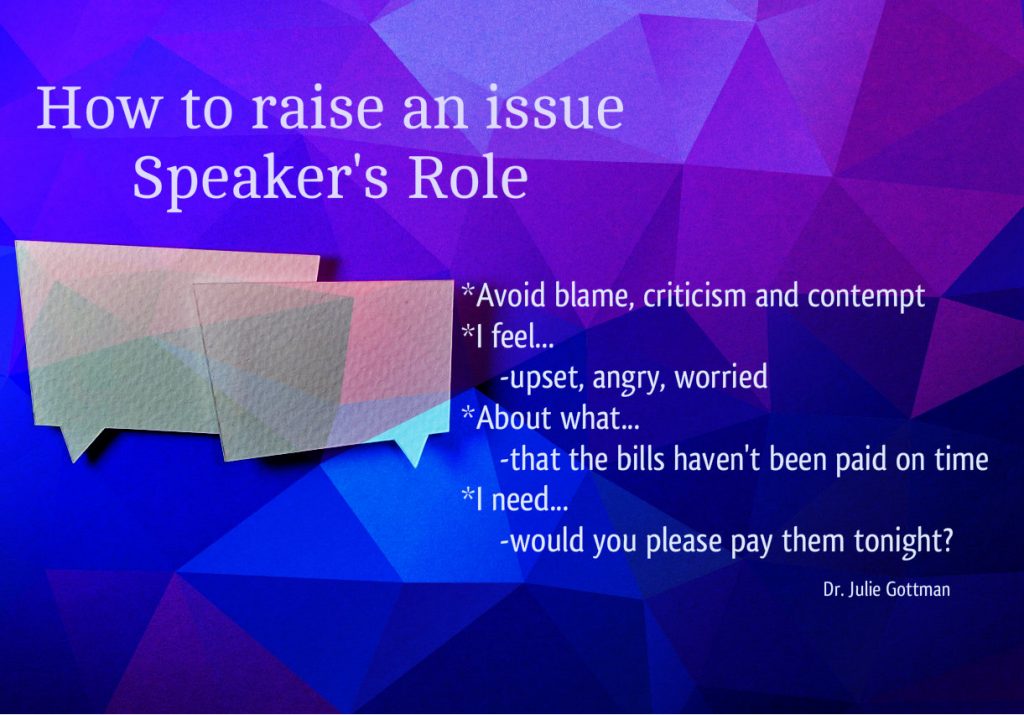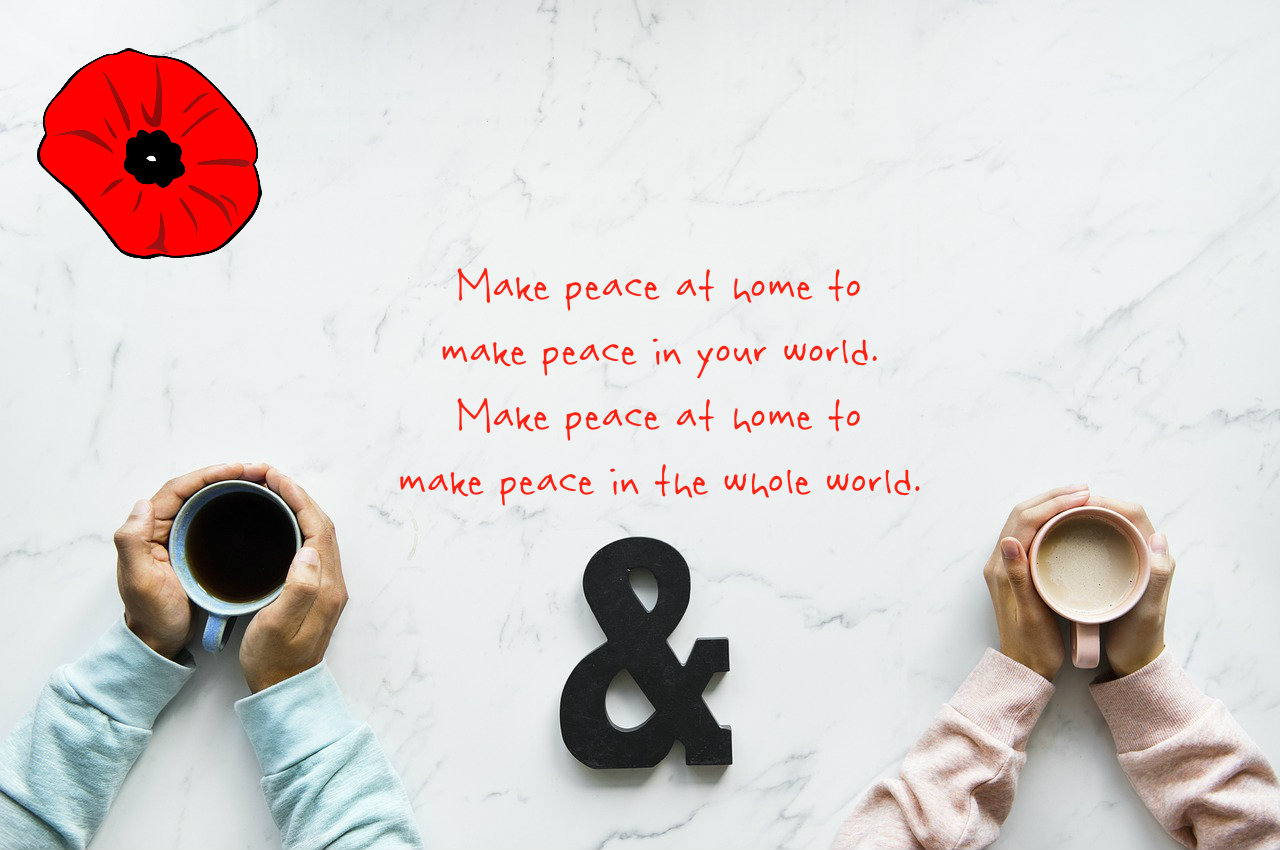I have had opportunity this year to hear of the devastating effects of serving in the military. Loss of life is what we often hear about in the news. However, so many serve–and while their hearts remain beating, they thrum uncontrollably dealing with the traumatic effects of service. Their families then also deal with the tumultuous effects of Occupational Stress Injuries (OSI’s).
To live with the effects of:
- flashbacks,
- nightmares,
- uncontrollable surges of energy that create panic or rage,
- the suffocatingly heavy blanket of dark depression
- the jittery, hypervigilant, hyperaroused vibrating constant of anxiety
is hard on the person who served in public protection, most certainly.
However, it also affects their spouses, children, parents, and friends–in devastating, all consuming ways. I have heard stories and witnessed the stress of Occupational Stress Injuries on the families of military who live a significantly compromised life.
Simply put: the effects of war ravage those that come home from seeing, feeling, hearing and experiencing that which can never be uttered, but also can never be unseen, unheard, or unexperienced. It affects them and their loved ones.
I’m moved with the announcement that this year’s Silver Cross mother is Anita Cenerini, a local mom whose son’s soul was so damaged by war that it became incompatible with life. Her son, Private Thomas Welch, ended the pain created by his Afghanistan tour by taking his life.
Collectively, at last, we are recognizing that not all who come home from combat actually are able to return to their lives.
Some pay the ultimate price, and many others, and their families, suffer the last effects of trauma for decades.
My contact with military, military families, and work with programs that work with those with OSI’s has me compelled, more than ever, to do my little part to honour the price they pay. I am committed to working towards a world where those kind of injuries aren’t possible.
So…I have committed myself to show up to vote at each and every election.
In a world where people have literally sacrificed their lives so I can have a voice, why wouldn’t I simply walk over to the community centre to use it?
When people have done whatever it takes to preserve our ability to cast our ballots to create a system with checks and balances to create a better life for all–it is my responsibility to express my gratitude by showing up to vote.
World peace may be a foolish and lofty goal, but that won’t stop me from wanting to do my part to achieve it.
Call me a dreamer…but isn’t that where goals get their start?
Yes, we tease people who work towards world peace as having the unrealistic vapidness of a beauty contestant who responds “I want world peace” to every question she is asked.
I don’t care…and so I will look to work towards it in my tiny corner of the world. Imagine what would happen if we all did that?
So…as a marriage and family therapist, I work to create connection between people to:
- Create a space where couples can learn to tolerate their own discomfort long enough to be able to truly listen to their partner
- Help client to create a secure base of worthiness within themselves so that when they hear of a problem from another, they can remain calm and curious, rather than judgemental and defensive.
- Facilitate couples to find ways of creating psychological safety with each other so that hard conversations can happen without one or both being severely wounded.
- Help a client be able to be bravely compassionate towards themselves and others in ways that build bridges instead of walls, openness instead of closing off.
- Create a healthy therapeutic relationship with a client that doesn’t judge or criticize–but does hold people accountable, and challenges for growth. This allows folks an experience of what it looks and feels like to have a relationship that is both safe and challenging; uncomfortable and nurturing. They can then go to recreate these sorts of connections with their friends and family.

Dr. Julie Gottman cofounded The Gottman Institute with her husband Dr. John Gottman. Their science is compelling. The Gottmans have measured the heck out of marriages, and have so refined what doesn’t work in marriage, that they can predict, with 93.6% accuracy which couples will eventually go on to divorce. They know their stuff and they have incredible respect in the scientific and therapeutic communities.
Julie Gottman recently gave a TEDx talk which outlined the same process for peaceful resolution for couples and for diplomats in international conflict.
In other words, if couples can learn to get along with each other, and their children witness it and embed the process in their bones, they will grow up with the ability to use these skills. They can use these skills in their work in science, medicine, education, government and international affairs.
Somewhere, right now, parents are raising the future Prime Minister of Canada. Someone else is changing the diaper of a future representative to the United Nations. Still another is chatting with his/her spouse while feeding pablum to the future official who will broker a peace agreement that will change the world.
By having these children live in a home where peace is brokered at the family level, they will learn the skills to negotiate peace a national and international level.
I’m gonna do my part to have people learn these skills, enable them to use them even when things get tense, and then have the ripple effect extend as relationships are transformed, one by one…until we get ourselves to world peace.
Julie Gottman reminds us that 69% of all problems are perpetual. Even in happy marriages.
We don’t resolve conflict by resolving our differences–but by learning to live with the differences.
The key is to listen differently:

And then to speak effectively:

Listening and speaking effectively is hard.
Sometimes therapy is required: our lizard brains often short circuit our best intentions. Our past relationship trauma wants us to interrupt, attack, shut down, or push away. In short, shutting down our best listening and speaking skills. Sometimes, therapy is required to work through that.
Once good listening/speaking is possible, a pair can work to understand each other. While we each have some values/interests/perspectives that are non-negotiable, the way/style/manner these fixed positions are expressed has some flex. This allow parties to negotiate and collaborate on compromises so that the connection is maintained, or even enhanced.
So…husband and wife, or Country A and Country B work with what is flexible to find common ground, and respect what is inflexible–and then make it work.
It’s not easy, but it’s worth it.







Write a Comment